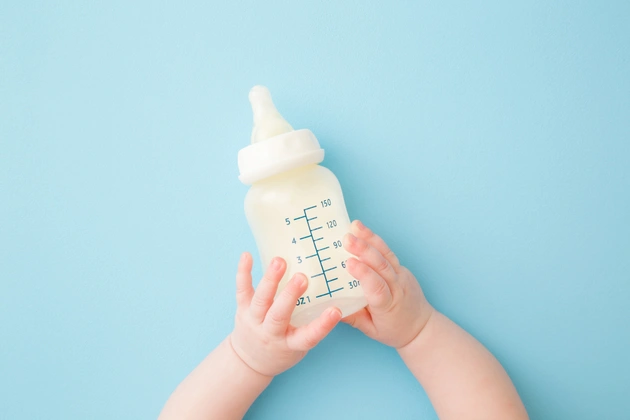Bringing a newborn into the world is an exciting and life-changing experience for parents. However, it can also be overwhelming, especially for first-time parents. Proper care during the early stages of life is crucial for the health and well-being of the baby. Here are some essential tips and guidelines for newborn baby care to help ensure your little one thrives during the first few months.
- Feeding the Newborn
One of the most important aspects of newborn care is feeding. Whether you choose to breastfeed or formula feed, ensuring that your baby is getting the right amount of nutrition is essential for growth and development. For breastfeeding mothers, it’s important to establish a good latch from the beginning and ensure the baby is feeding effectively. For formula feeding, always follow the instructions carefully and prepare bottles in a clean environment.
Newborns typically feed every 2-3 hours, and it’s important to pay attention to their hunger cues. These may include sucking on their hands, rooting, or becoming fussy. Make sure your baby is comfortable while feeding, and always burp your baby after each feeding to prevent discomfort from trapped gas.
- Diapering and Hygiene
Keeping your newborn clean and dry is essential to avoid diaper rashes and ensure comfort. Change your baby’s diaper frequently, at least every 2-3 hours, or as soon as it is soiled. When changing diapers, use gentle wipes or warm water and soft cloths to clean the baby’s skin, and be sure to apply diaper cream if needed to prevent irritation.
Bathing your newborn is also a delicate task. Until the umbilical cord stump falls off, which usually takes around 1-2 weeks, avoid submerging your baby in water. Instead, use a sponge bath with mild baby soap. Once the umbilical cord stump has fallen off, you can transition to a gentle bath in a baby tub.
- Sleep Safety
Newborns sleep a lot, often 16-18 hours a day, but their sleep patterns are irregular. To ensure your baby sleeps safely, always lay them down on their back to sleep, as this reduces the risk of sudden infant death syndrome (SIDS). Avoid placing pillows, blankets, or stuffed animals in the crib, as these can increase the risk of suffocation.
Swaddling can help comfort newborns and promote better sleep, but it’s important to do it safely. Ensure that the swaddle is not too tight around the baby’s hips, and always leave enough room for the baby to move their legs.
- Bonding and Comforting
Bonding with your newborn is vital for their emotional and psychological development. Holding your baby close, making eye contact, and speaking softly to them help foster this bond. Skin-to-skin contact is also important, as it can help regulate your baby’s body temperature, improve breastfeeding success, and calm both you and the baby.
If your baby is fussy, try different methods to comfort them, such as rocking gently, offering a pacifier, or swaddling them. Each baby is unique, and finding what works best for your little one may take some time.
- Pediatrician Visits
Regular checkups with your pediatrician are essential for monitoring your baby’s growth and development. These visits also give parents the opportunity to ask questions about concerns they may have regarding feeding, sleeping, or general baby care. Vaccinations will also begin shortly after birth, so it’s important to keep track of these appointments to ensure your baby is up-to-date on immunizations.




